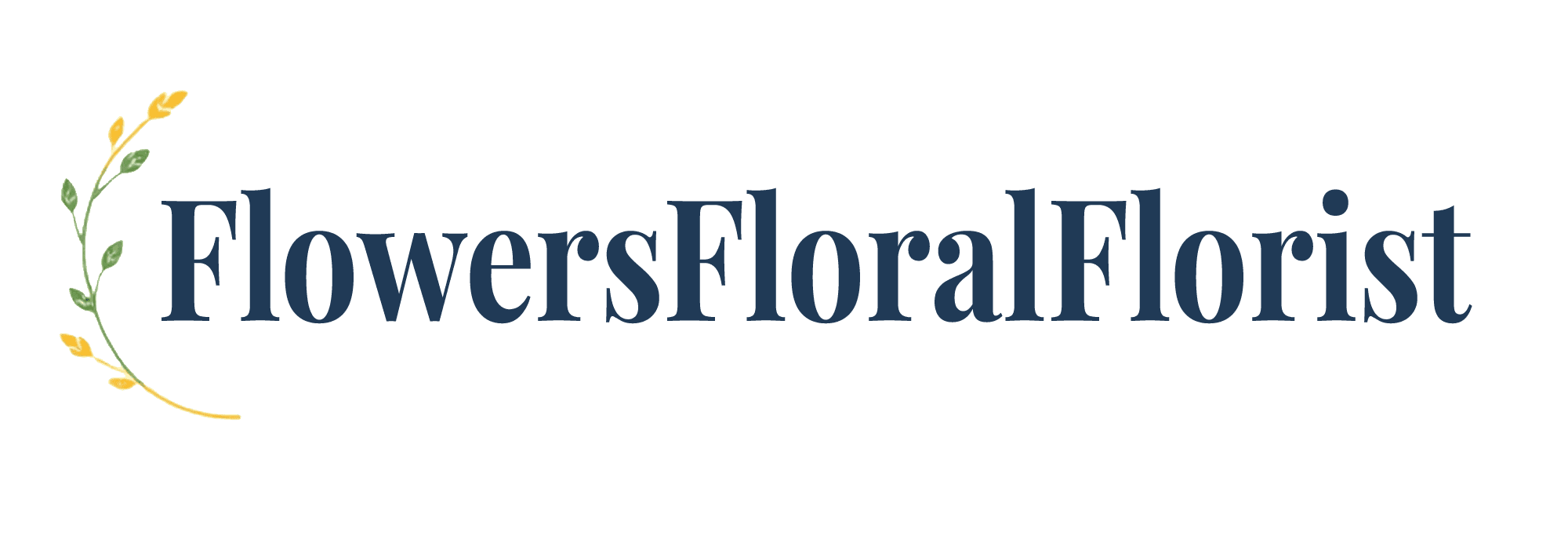Your wedding planning choice depends on your priorities and style.
Traditional planners offer irreplaceable emotional support, vendor relationships, and creative solutions for $2,500-$10,000, while AI tools provide 24/7 efficiency, automated assistance, and data-driven recommendations for $50-$500 monthly.
Consider using both: AI for streamlining logistics and budget tracking, with a traditional planner for managing complex decisions and cultural elements.
Exploring the unique benefits of each approach will help you craft your perfect celebration strategy.
Understanding Traditional Wedding Planning Vs AI-Powered Planning
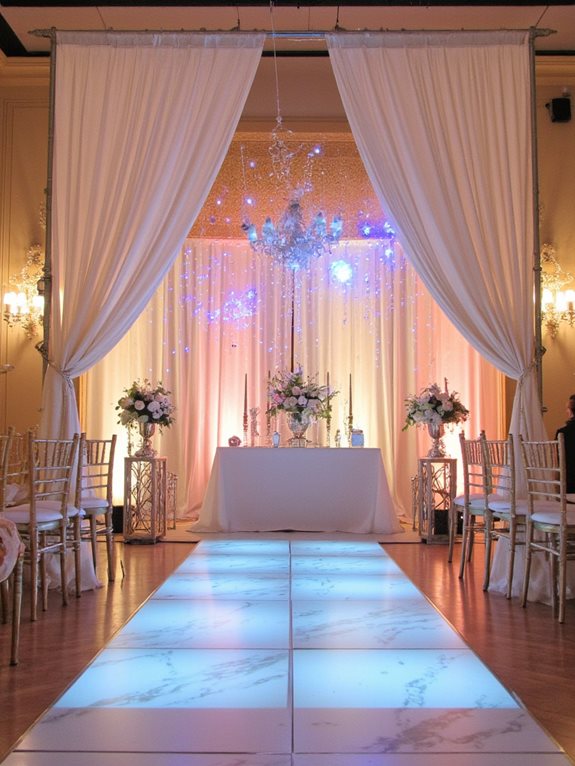
While traditional wedding planning relies heavily on in-person meetings and paper checklists, AI-powered planning transforms this age-old process into a streamlined digital experience.
With AI, you’ll get instant answers to your questions, automated task reminders, and data-driven vendor recommendations.
Traditional planners offer an irreplaceable human touch and local expertise, drawing from years of hands-on experience to solve problems creatively.
They’ll hold your hand through emotional decisions and navigate family dynamics with finesse.
AI handles the logistics efficiently, but it can’t replicate the intuitive understanding and personal rapport you’ll build with a seasoned professional planner.
The Cost Comparison: Human Touch Vs Digital Solutions
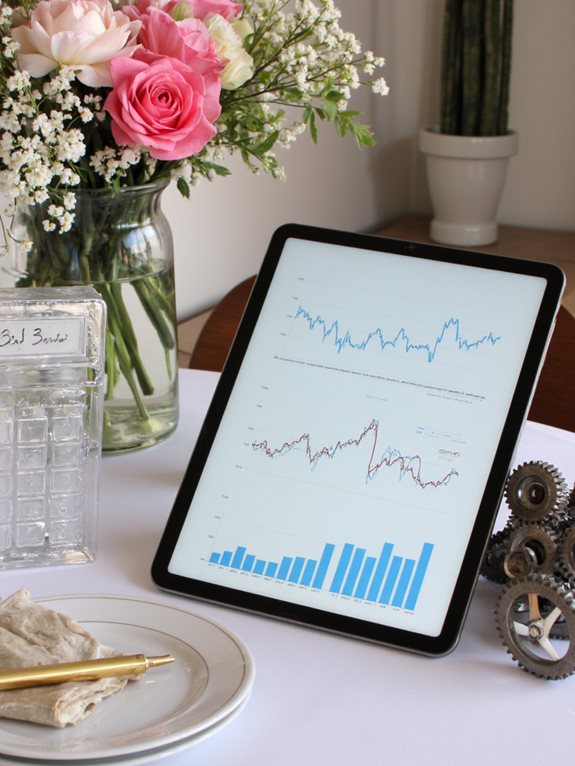
Although a traditional wedding planner’s fees might make you wince at first glance, they’re often worth their weight in gold for complex celebrations. Their rates typically range from $2,500 to $10,000, while AI planning tools cost between $50 – $500 per month.
- Traditional planners offer irreplaceable emotional support during stressful moments
- AI tools provide 24/7 availability at a fraction of the cost
- Human planners bring years of vendor relationships and negotiating power
Consider your budget carefully. AI tools excel at basic planning tasks and timeline management.
But when you need someone to handle last-minute emergencies or provide a shoulder to cry on, a traditional planner’s higher cost reflects their invaluable human touch.
Time Management and Efficiency Analysis
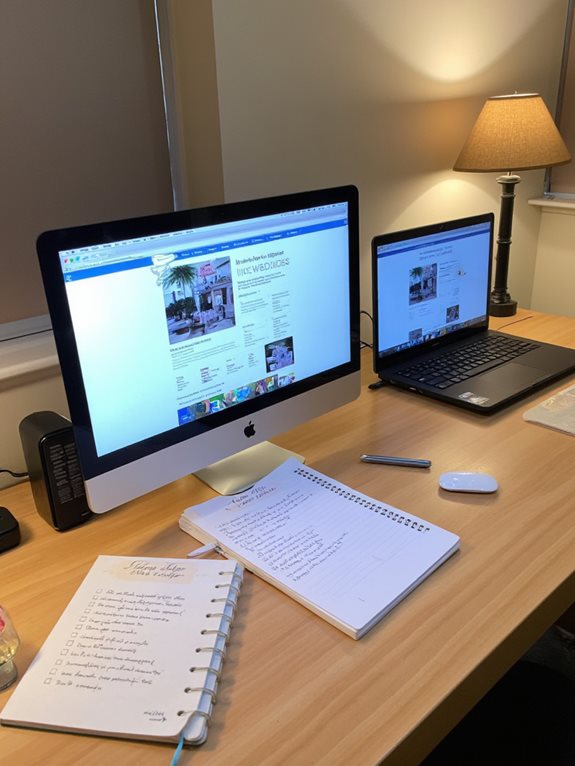
Since traditional wedding planning can consume upwards of 200 hours, the efficiency gap between AI and human planning becomes strikingly clear.
You’ll save countless hours by letting AI handle repetitive tasks like vendor research, budget tracking, and timeline management. While your human planner sleeps, AI works tirelessly – generating seating charts, comparing prices, and updating your checklist in real-time.
But there’s a catch. You’ll need to invest time upfront to learn the AI system’s features and input your preferences correctly.
Unlike a human planner who intuitively understands your vision, AI requires clear, specific instructions to deliver the results you want.
Key Features and Limitations of Both Options

As you weigh your wedding planning options, understanding the distinct capabilities of AI and human planners becomes essential. Each brings unique strengths to your special day, but they also have limitations you’ll need to contemplate.
- AI excels at budget tracking, vendor scheduling, and guest list management with 24/7 availability, but it can’t provide emotional support or handle unexpected day-of challenges.
- Traditional planners offer personalized guidance, creative solutions, and strong vendor relationships, though they’re limited by business hours and higher costs.
- While AI tools streamline logistics efficiently, they lack the intuitive understanding and adaptability that experienced human planners bring to complex situations.
Making the Right Choice for Your Wedding Style
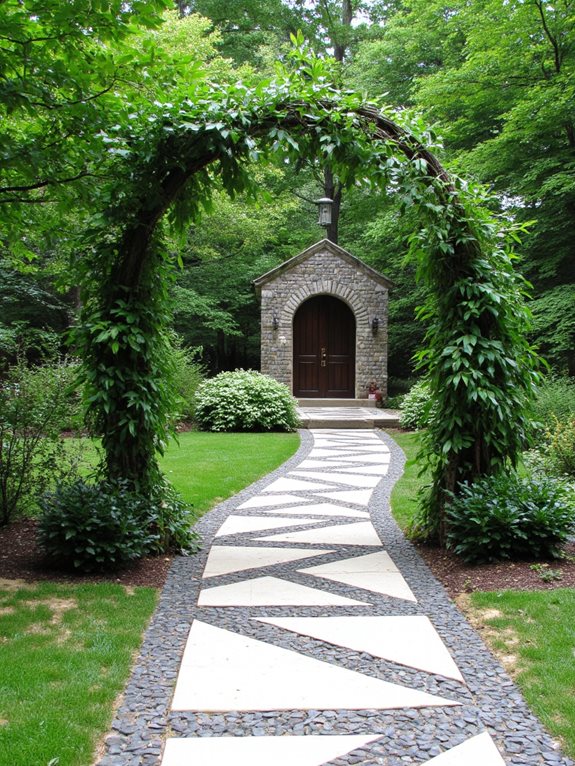
When choosing between AI and traditional planning, your wedding style should guide the decision.
For classic, formal weddings with intricate cultural elements, a traditional planner’s personal touch and deep cultural understanding will serve you best. They’ll navigate complex family dynamics and time-honored customs with grace.
If you’re planning a modern, streamlined celebration with digital-forward elements, AI planning tools might be your perfect match. You’ll benefit from their efficiency with vendor coordination, budget tracking, and timeline management.
For fusion weddings that blend both traditional and contemporary elements, consider using AI tools to handle logistics while partnering with a planner for cultural components.
Want More Wedding Planning Tips?
If so, sign up here and I’ll let you know whenever I add more tips.
You can also follow me on social media for updates. And if you enjoyed what you just read, please share it with your friends.
Til next time,

